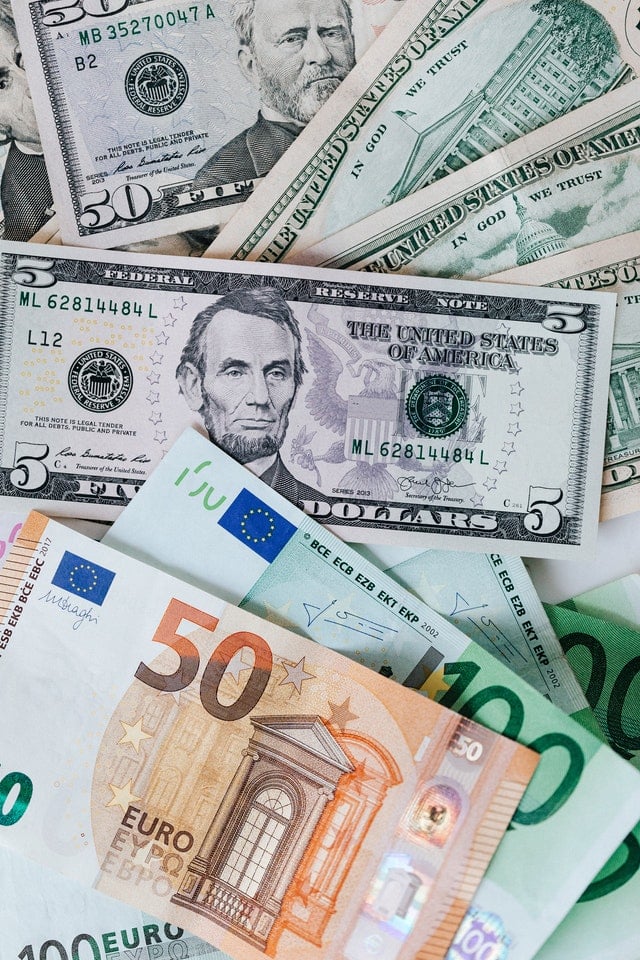The term ‘oligarchy’ refers to a country that is dominated by a few wealthy and often corrupt individuals. Modern examples of such oligarchies include China, Russia, and America.
Oligarchs are powerful and rich people who have a significant impact on shaping economies and politics globally.
The study of Oligarchic Statistics deals with the data and figures related to this influential group, offering insights into their wealth, networks, and impact on society.
By exploring the numbers behind the oligarchic world, one can gain a deeper understanding of their influence.
| Statistic | Value |
|---|---|
| Total Wealth of World’s Billionaire Oligarchs in 2023 | $12.7 trillion |
| Largest Group of Oligarchs in Forbes’ Richest List | United States |
| Number of Billionaire Oligarchs | $169 Billion |
| China Adopted Capitalism in the 1970s | Classified as an oligarchy |
| Russia Classified as an Oligarchy Since 1991 | Oligarchic system |
| USA Has 735 Billionaire Oligarchs Worth $4.7 Trillion | The largest number of oligarchs in the world |
| Elon Musk Tops Wealthiest Oligarchs with $219 Billion | Followed by Jeff Bezos with $188 Billion |
| 2,750 Billionaires Control 3.5% of World’s Wealth | Wealth distribution varies in oligarchies |
| The wealthiest 1% in the USA Own 38.5% of the Country’s Wealth | High wealth inequality in the USA |
| Economic Sanctions Imposed on Russian Oligarchs in 2022 | Response to Vladimir Putin’s actions in Ukraine |
| China Has 607 Billionaire Oligarchs Worth $2.3 Trillion | The second-highest number of oligarchs in the world |
| Alisher Usmanov is Russia’s Wealthiest Oligarch | Connected with Putin’s administration |
What is Oligarchy?
Oligarchy is a form of government or social structure in which power and authority are concentrated in the hands of a small, privileged, and often wealthy group of individuals, families, or organizations.
In an oligarchical system, these elites hold significant influence and control over key decisions, resources, and institutions, often to the detriment of the broader population.
Oligarchies can exist in various forms, including political, economic, or social, and they may limit the participation and representation of the majority of people in decision-making processes.
This concentration of power can lead to inequalities, lack of accountability, and limited opportunities for those outside the ruling elite.
Statistics and Facts About Oligarchs In General
The gap between the world’s wealthiest 1% & the rest of us (often known as the 1 percent and 99 percent, respectively) is mind-boggling.
The vast bulk of the world’s wealth is concentrated in the hands of a small group of people known as oligarchs.
Let’s look at some statistics and information about oligarchs in general:
- The word oligarchy (oligarchia) was coined by Aristotle, the ancient Greek philosopher, to describe the rule of the few when wielded for personal advantage.
- The world’s billionaire oligarchs’ net worth has risen from less than $1 trillion in 2000 to more than $12.7 trillion in 2022.
- Since 2014, the large bulk of oligarchs on Forbes’ annual list of the world’s richest people have come from the United States.
- Following the Chinese government’s crackdown on internet enterprises, there will be 87 fewer Chinese billionaire oligarchs in 2022 than there were last year.
- Since its adoption of capitalism in the 1970s, China has been regarded as an oligarchy.
- Since the demise of the Soviet Union in 1991, Russia has been called an oligarchy.
- Nowadays, the United States of America (USA) is sometimes referred to as an oligarchy because of the extreme inequality and discrepancy in wealth distribution. With 735 billionaires totaling a combined $4.7 trillion, The United States of America (USA) has the largest number of oligarchs in the world.
- Having 607 billionaires worth $2.3 trillion, China has the second-highest proportion of oligarchs in the world.
- Because most oligarchs invest their money in publicly traded stocks and shares, their personal net worth might fluctuate significantly from year to year.
- Elon Musk, co-founder and CEO of Tesla, is currently the world’s wealthiest oligarch, with a net worth of $219 bn; he is followed closely by fellow American oligarch, the founder and CEO of Amazon, Jeff Bezos, with a net worth of $188 billion.
- Only about 2,750 billionaires control about 3.5 percent of the world’s wealth. However, oligarchs in countries classified as oligarchies can hold significantly more of the country’s wealth.
- For example, in America, the richest 1% of citizens possessed 38.5 percent of the country’s wealth.
- Many countries throughout the world slapped harsh economic penalties on Russian oligarchs in 2022 as a unilateral response to Vladimir Putin’s illegal invasion of Ukraine and war there.
- Most oligarchs in the Forbes Top 100 Richest People list since 2014 have been from the USA.
- In 2022, there are 34 fewer Russian billionaire oligarchs than the previous year.
- In 2022, there are 87 fewer Chinese billionaire oligarchs than the previous year.
- China has been considered an oligarchy since the 1970s after embracing capitalism.
- Russia has been seen as an oligarchy since the USSR’s fall in 1991.
- The USA is often considered an oligarchy due to vast wealth inequality.
- Only around 2,750 billionaires control over 3.5% of the world’s wealth.
- In America, the wealthiest 1% own 38.5% of the country’s wealth.
- In 2022, many countries imposed economic sanctions against Russian oligarchs.
FAQs
🤔 Who are oligarchs, and what defines them in terms of wealth and influence?
Oligarchs are typically extremely wealthy individuals who wield significant economic and political power. They are often associated with owning or controlling major businesses or industries.
🌍 Do oligarchs operate internationally, and how do they establish global connections?
Yes, oligarchs often operate on a global scale, establishing connections through business ventures, investments, and international networks. They frequently have interests in multiple countries.
🕵️♂️ Are there any notable cases of secrecy or controversies surrounding oligarchs?
Yes, many oligarchs are known for their secretive financial dealings, which have led to controversies, allegations of corruption, and legal battles.
🌐 How do oligarchs impact international trade and economies?
Oligarchs' economic activities can impact international trade by influencing trade policies, market competition, and investment flows. Their economic power can also affect the stability of national economies.
Quick Links:
- Logo Statistics
- Top Video Marketing Stats
- Social Network Usage Stats
- Small Business Trends
- Ecommerce Statistics
- Social Media Statistics
- Instagram Statistics
Conclusion: Oligarchs Statistics 2025
Statistics indicate that extremely affluent individuals wield significant influence due to their vast wealth and global network of connections and are even capable of shaping politics.
However, their covert activities often spark controversy. These figures provide a better understanding of how they exert a profound impact on our world. In comparison to the small number of living oligarchs, they possess an excessive share of the world’s wealth and control the majority of people based on their riches.
Some examples of oligarchies include China, Russia, Iran, and the United States.
Sources: ThriveMyWay, Britannica





